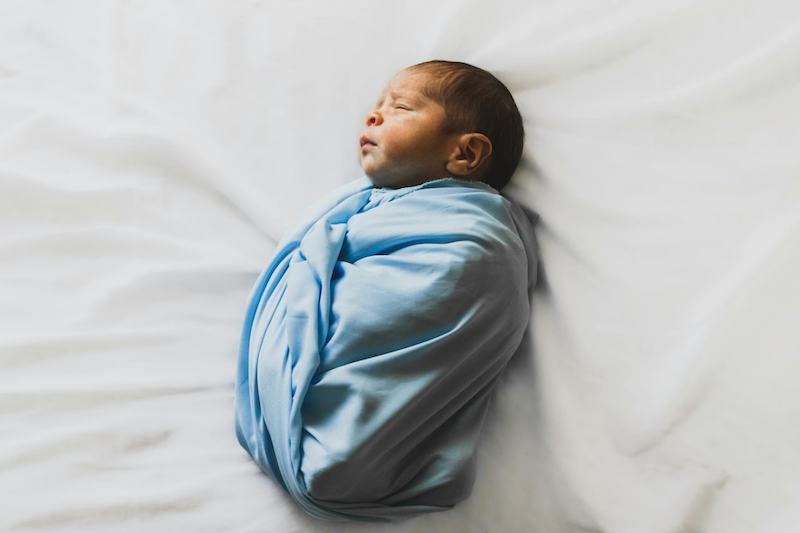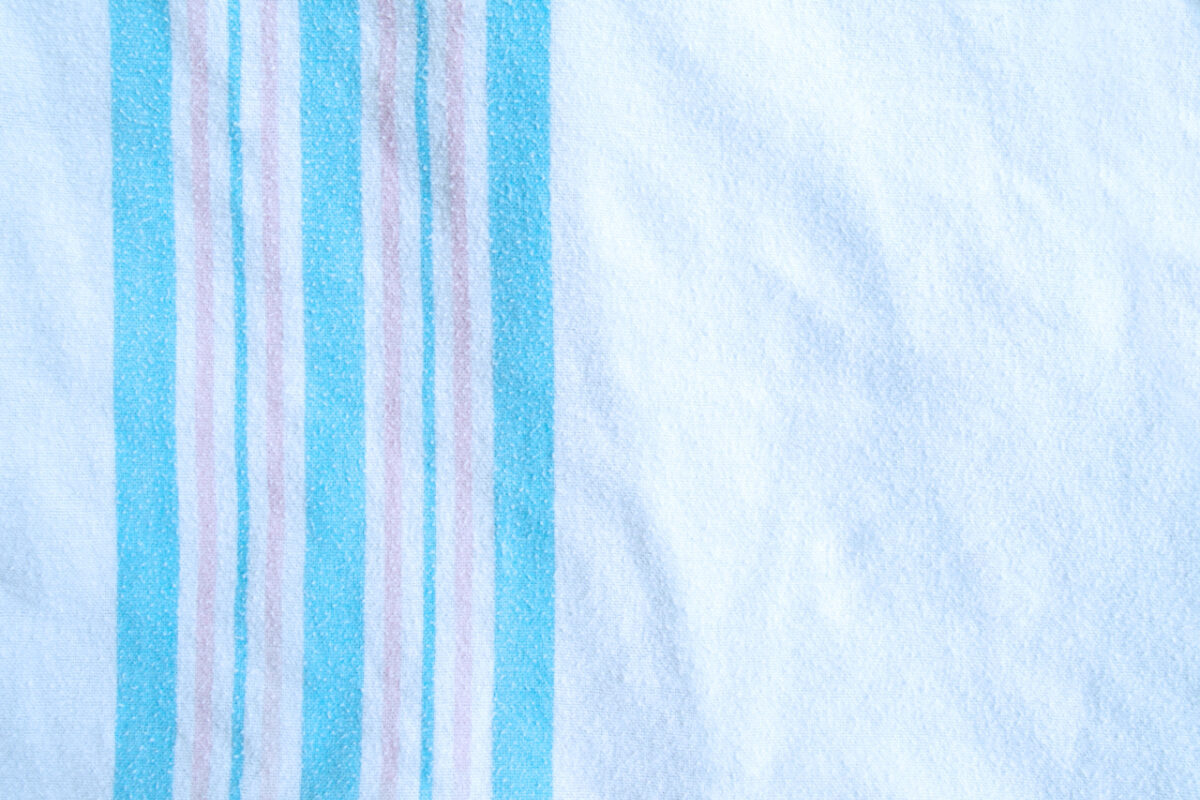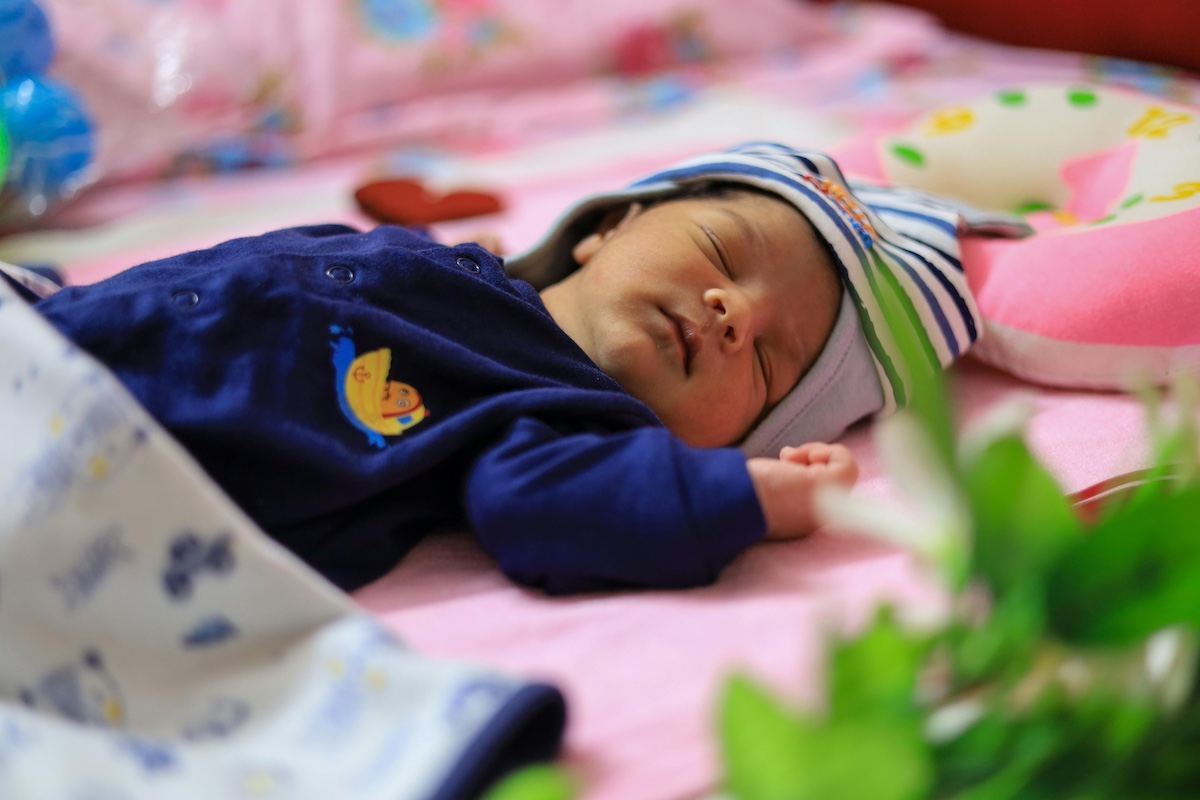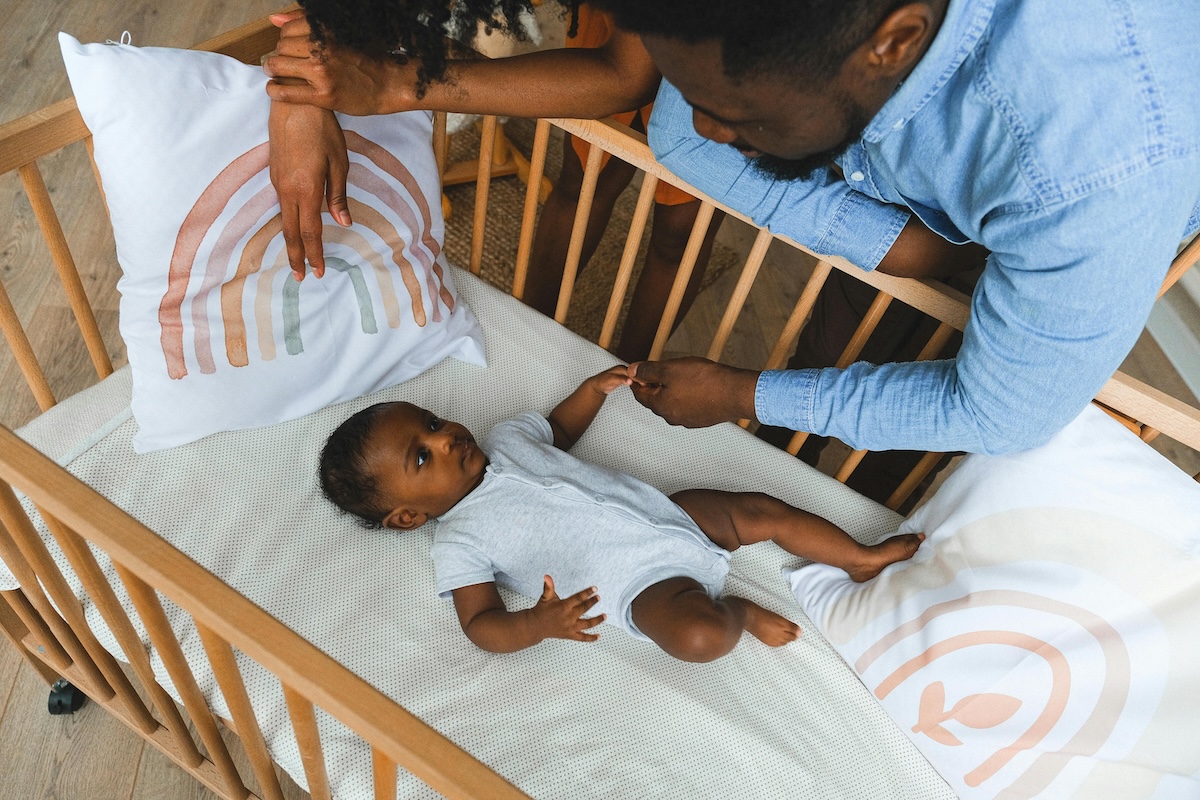What’s the deal with weighted sleep sacks? Is it okay to use them or not? I keep reading conflicting information.
—Anonymous
In 2022, the American Academy of Pediatrics came out with a set of guidelines about breastfeeding and sleep. One of the statements made in that document is about weighted sleep sacks. The AAP said in particular: “Weighted swaddle clothing or weighted objects with swaddles are not safe and therefore not recommended.” The primary rationale for this is the concern that a weighted swaddle might impede breathing and increase the risk of SIDS. This updated recommendation is, I believe, the reason for the restriction on sales of these products.
This recommendation is based on theory, not on evidence of risk. In the AAP technical report, the paragraph on this recommendation says:

“It is recommended that weighted blankets, weighted sleepers, or other weights not be placed on or near the sleeping infant. A single crossover randomized nonblinded trial of 16 infants with neonatal abstinence syndrome found no adverse events when a 1-pound weighted blanket was placed on each infant for 30-minute observed episodes. However, no studies have documented the safety of weights for infants in an unobserved, nonclinical sleep environment.“
In other words, there is only one trial of this, which showed safety and efficacy (this was a trial with infants suffering from neonatal abstinence syndrome), but it was small and in a controlled environment. Because of the theoretical concerns about impaired breathing, in the absence of large-scale evidence of safety, the AAP recommends against this.
It is extremely unlikely we will ever get the kind of large-scale safety evidence that the AAP is looking for here. Because the events that it is concerned about are blessedly rare, enormous data sets would be required to establish anything. This won’t happen.
Where does this leave you if you’re already happily using a weighted sleep sack and it’s working for you? There is nothing in the data that would suggest it is dangerous, so you’re left to weigh the theoretical concerns against the benefit to your child’s sleep.
Community Guidelines



















Log in